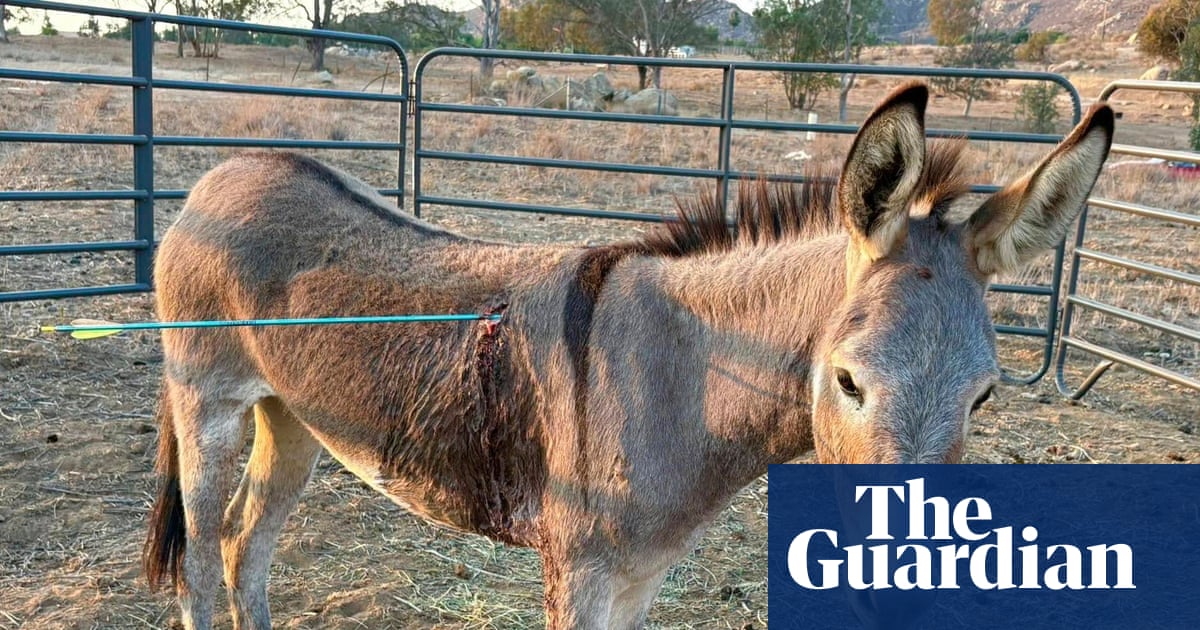Police forces in England and Wales have identified a further 287 outstanding cases of alleged child sexual exploitation by rape gangs, Yvette Cooper has disclosed.
The home secretary said the government was planning to wipe the convictions of grooming victims prosecuted over soliciting for prostitution, after concerns that children had been criminalised by the authorities.
The disclosures were made on Tuesday before a hearing of the home affairs select committee, where she also:
-
Indicated that the government would legislate for a fast-track system to speed up the removal of people applying for asylum from “safe” countries.
-
Called for the creation of a digital service for e-visas and border control so that the government could monitor who is in the UK legally.
-
Voiced concern over the rising numbers of teenage extremism offences.
Asked by MPs about grooming gangs, Cooper said she had ordered all of the 43 police forces in England and Wales to review files to see if there were outstanding cases that should be reviewed. About half of the forces had reported back, she said.
“For those forces, 287 historic cases have been identified for review by the police child sexual exploitation taskforce,” she said.
Cooper said the government was considering a “disregard” scheme for convictions of people who were under 18 when convicted of loitering or soliciting for the purposes of prostitution.
The criminal law was changed so under-18s can no longer be convicted of those offences. These changes were made in recognition that these people were not “child prostitutes” but had been groomed and sexually exploited.
“We need to look at the action we need to take so that people do not carry around those criminal convictions for the rest of their lives,” Cooper said.
Her comments follows a campaign for “Sammy’s law”, led by Sammy Woodhouse, who was abused by a gang in Rotherham. A number of police chiefs, child protection experts and MPs have backed the campaign.
In a development that will concern human rights organisations, Cooper said the Home Office was pushing for a “digital ID for everyone coming to the UK”.
“We want to have a digital service linked to e-visas and linked to our border management process to be able to determine whether an individual is in or out of the UK, whether they have left at the point at which their visa expires or whether they are overstaying and immigration enforcement action is needed,” she said.
Asked about the government’s counter-extremism programme Prevent, Cooper said she was “very concerned” by evidence of increasing extremism among young people. “We are seeing the counter-terrorism caseload trebling in three years involving teenagers. This may be about far-right extremism, far-right extremism and violent extremism,” she said.
The home secretary said there had been a doubling of the number of young people being referred to Prevent since last summer. “I continue to be concerned about the threshold ending up being too high and not enough Islamist extremist cases being referred to Prevent and the need to do more to make sure more of those cases were being referred to Prevent,” she said.

.png) 3 months ago
57
3 months ago
57

















































